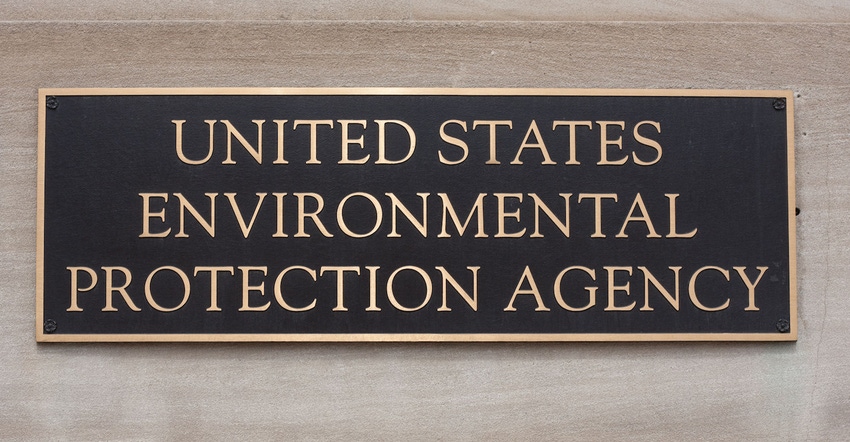
The U.S. Environmental Protection Agency denied one small refinery exemption petition that had been filed by a refiner for the 2019 year, offering encouragement to the renewable fuels industry of how the Biden administration may decide on additional refiner requests. To date, 65 requests are still pending from the last three years which could dramatically lower biofuels demand.
Beginning with the 2013 compliance year, small refineries could petition EPA annually for an exemption from their RFS obligations. EPA may grant the extension if it determines that the small refinery demonstrated disproportionate economic hardship.
The exemptions accounted for very small amounts in 2013-2015 and slightly more in 2016. In calendar year 2017 (largely for the 2016 RFS compliance year), EPA began granting a large number of petitions for extensions of SREs. By 2018, the number of SREs issued for the 2017 compliance year was more than quadruple the number issued for the 2015 compliance year, EPA says.
For example, for the 2015 compliance year, only 290 million renewable identification numbers were not retired due to SRE petitions granted, yet for the 2017 compliance year, that number grew to 1.82 billion non-retired RINs. The large increase in SRE petitions granted and associated unretired RINs represents a significant decline in the required use of renewable fuel volumes, which in turn decreased the incentives for the production and use of renewable fuels, EPA adds.
Renewable Fuels Association President and CEO Geoff Cooper says it appears EPA and the Department of Energy are following the criteria for deciding SRE petitions established by the 10th Circuit Court decision in the RFA et al. v. EPA case.
“Our industry lost more than 4 billion gallons of demand due to the previous administration’s rampant abuse of the SRE program, and we are pleased to see that the days of EPA-induced demand destruction appear to be behind us,” Cooper says.
“EPA’s new leadership appears to be making good on its promises to rein in the SRE program, and today’s decision is consistent with the new policy direction announced by EPA earlier this year and President Biden’s position that the last administration’s SRE abuse was a ‘gigantic mistake,’” Cooper continues.
In February 2021, EPA under the direction of the Biden administration made a change in policy in how it would apply the 10th Circuit decision. In January 2020, the 10th Circuit vacated and remanded three EPA decisions granting SRE petitions for the 2016 and 2017 RFS compliance years which were issued in calendar years 2017 and 2018, holding that a small refinery’s petition can be granted only if the refinery demonstrated an existing exemption or could prove disproportionate hardship caused by RFS compliance.
In addition to the denial published Nov. 5, EPA under the Biden administration reversed three exemptions granted by the previous administration, and 15 pending SRE petitions have been withdrawn.
About the Author(s)
You May Also Like






